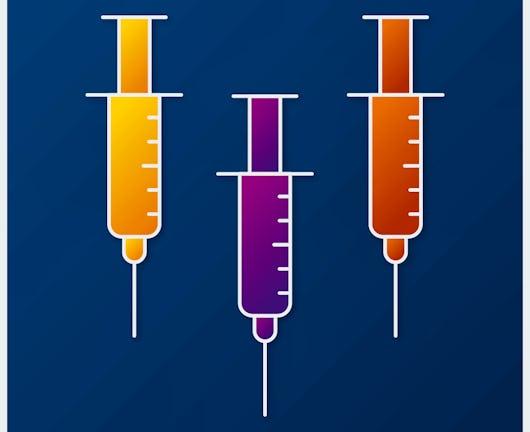MOOC List is learner-supported. When you buy through links on our site, we may earn an affiliate commission.

MOOC List is learner-supported. When you buy through links on our site, we may earn an affiliate commission.
On successful completion of the course, learners will be able to:
1. Identify features of different vaccine platforms
2. Demonstrate an understanding of the role of microbiological and technological advances in the development of vaccines
3. Recognise how different platforms may provide protection against different pathogens.
This is an intermediate series of courses intended for both clinical and non-clinical scientists who want to update their skills for work in clinical, academic, and pharmaceutical/bioscience industries, and is developed and delivered by experts working on viruses and novel vaccines.
To be successful in this series of courses, you should have basic knowledge in biology, genetics, microbiology or related fields.
This course is part of the Foundations in Virology and Vaccinology Specialization.
What you'll learn
- Recognise how viruses cause infections
- Recognise how vaccines prevent infections
Syllabus
The first vaccines
First, we will look at the very first vaccines and how they shaped the future of the field. This shows how vaccine development closely follows developments in other scientific fields. The early history of microbiology and vaccinology are closely tied. The founders of one field often worked in another – for example Louis Pasteur and Robert Koch. Their approaches centred on the whole pathogen. Early vaccines were made with an understanding of infection biology, but not so much about the immune response to these pathogens. We will focus in on the range of methods used to develop vaccines, many of which are still used in vaccine development today.
Tiny bits of bacteria: using proteins and sugars as vaccines
Here we will look at protein and sugar-based vaccines. We will start by looking at how these vaccines provide protection. We will then investigate how novel biotechnology techniques have helped in the development of new vaccines, before looking at how sugars can be targeted and the impact this has had. Finally, we will explore how advances in immunological understanding are helping to shape the next generation of vaccines.
Living vaccines
Here we will explore how instead of targeting individual parts of a pathogen, we can take weaker forms of a pathogen and use it to make a vaccine. We will look at the original vaccines that were developed by this approach, then more broadly at how the immune system provides protection at two sites of infection – the airways and the guts. Finally, we will look at two viral pathogens, polio and influenza, and the past, present and future of vaccines for them.
Pandemic vaccines and fighting Disease X
Finally, we will look at how vaccines can be used to prevent and contain pandemics. We will start with a history of the use of vaccines in pandemics and the special requirements. We will then look at two of the new platforms that were successful during the COVID-19 pandemic, RNA and viral vectors.
MOOC List is learner-supported. When you buy through links on our site, we may earn an affiliate commission.
MOOC List is learner-supported. When you buy through links on our site, we may earn an affiliate commission.
